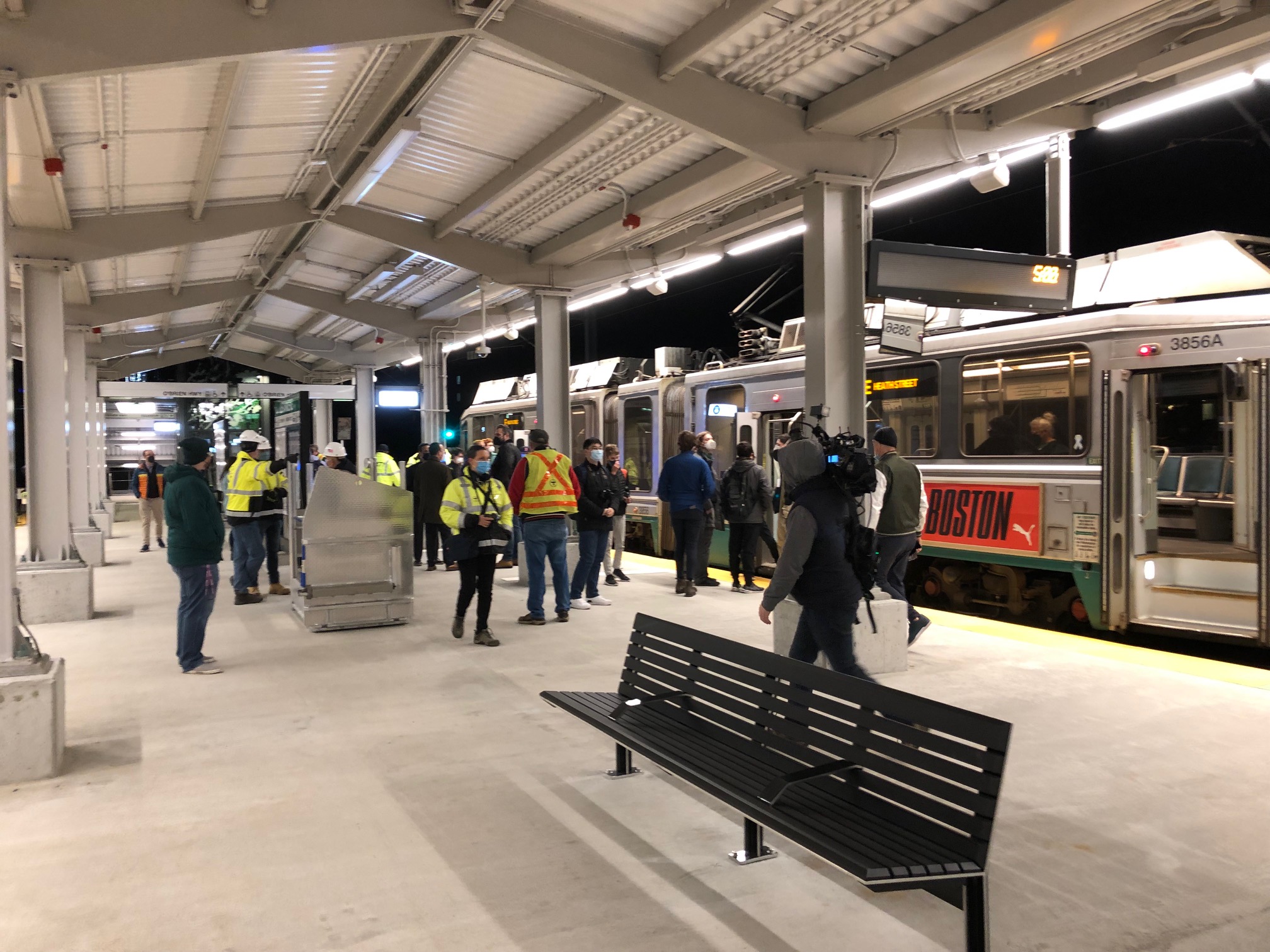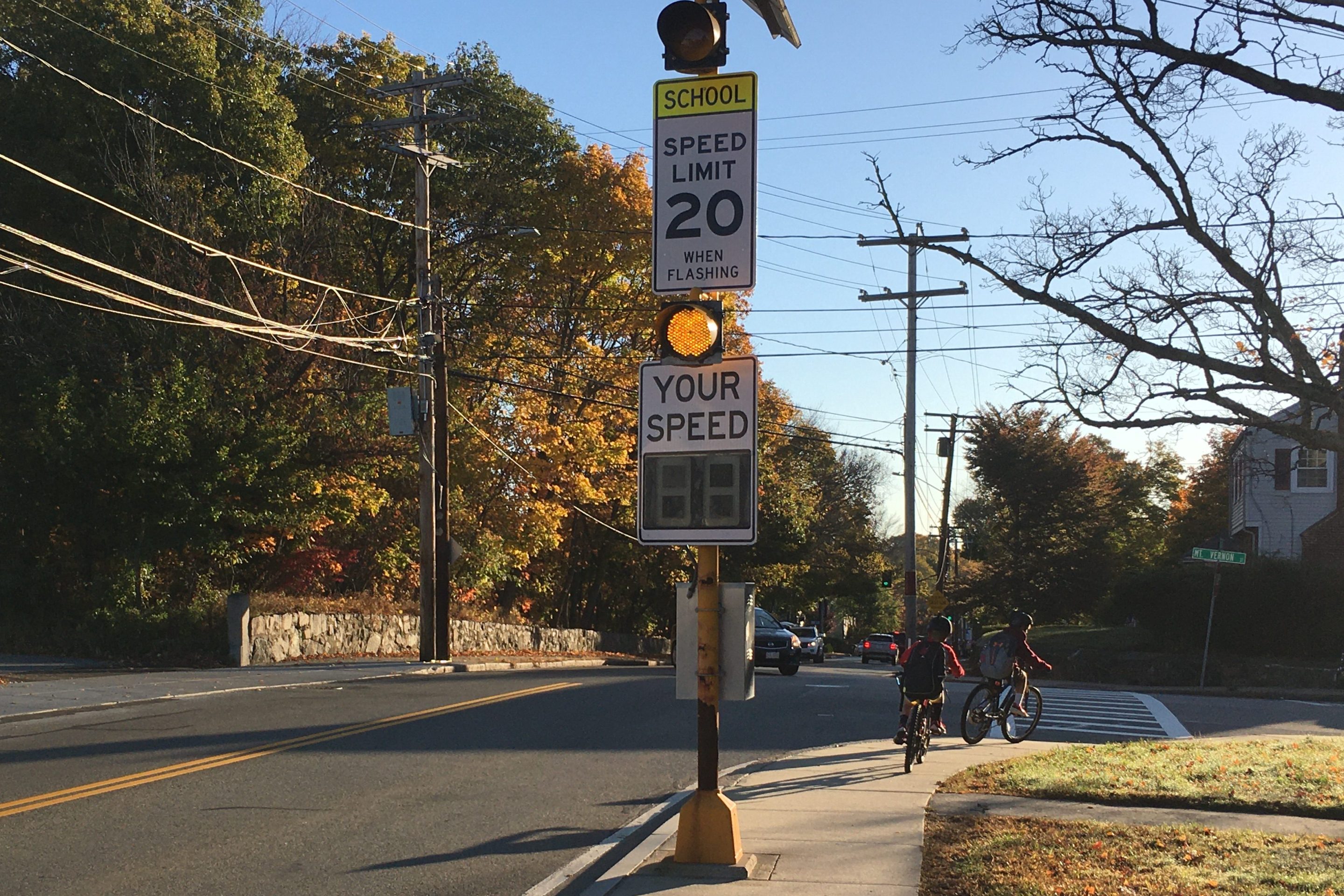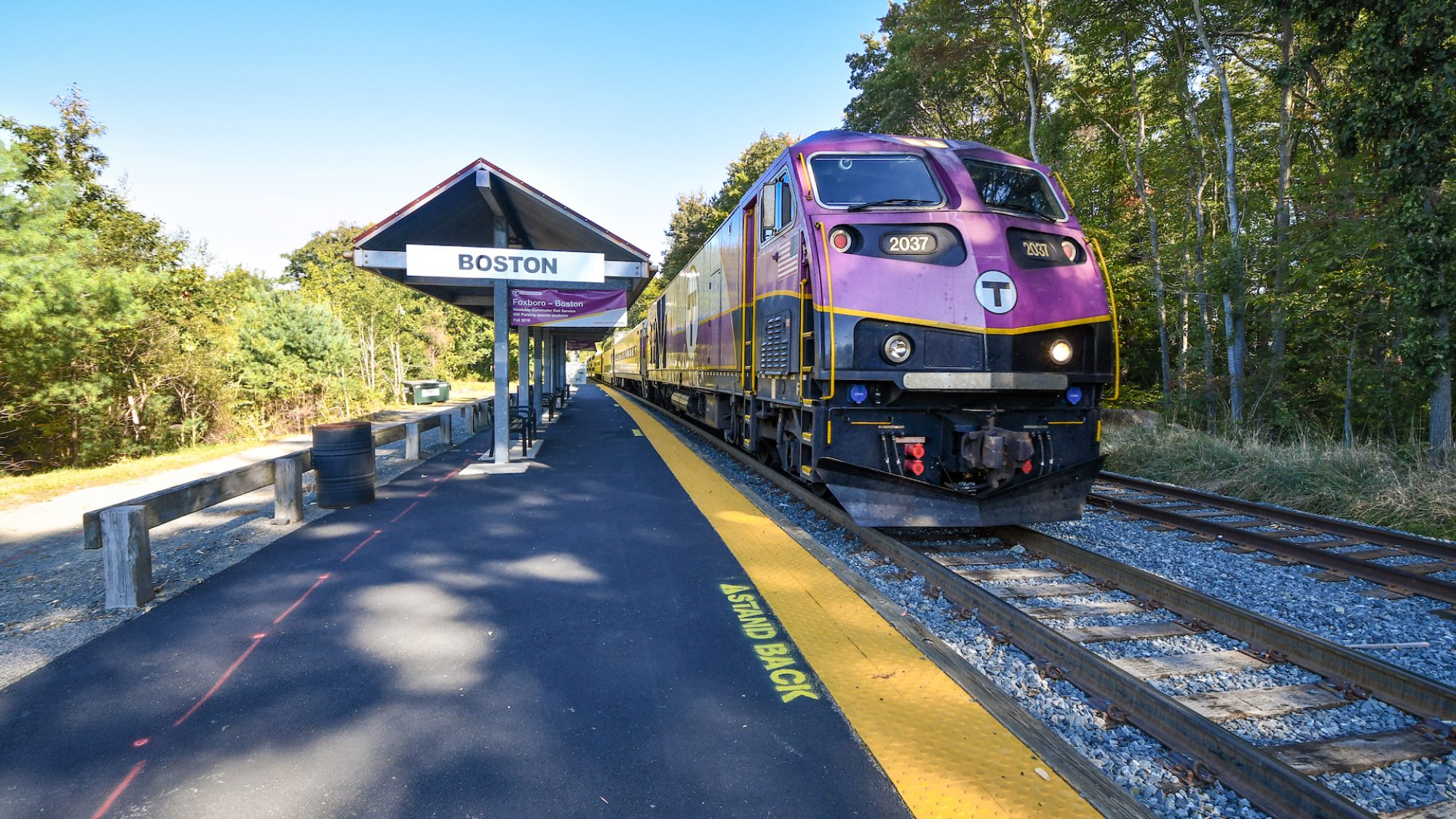In a close vote, Massachusetts voters have approved a constitutional amendment to increase the tax rate on incomes over $1 million a year in order to generate more revenue for the Commonwealth's transportation and education programs.
Question 1, also known as the Fair Share Amendment, which passed with 52% of voters' approval on Election Day, will amend the state constitution to levy “an additional tax of 4 percent on that portion of annual taxable income in excess of $1 million.”
The amendment further specifies that the revenues can only be used “quality public education and affordable public colleges and universities, and for the repair and maintenance of roads, bridges, and public transportation.”
However, while revenues from this particular tax increase must be used for those specific purposes, there's little to prevent lawmakers from shuffling other tax revenues away from education or transportation to fund other programs.
So the actual impact of the amendment on transit agency and transportation infrastructure budgets remains to be seen, and will come into clearer focus when legislators start drafting next year's state budget in spring 2023.
Still, raising new revenue for transportation infrastructure and transit operations has been a priority for lawmakers since before the pandemic, so it's likely that the new tax revenue will indeed benefit transportation agencies. The MBTA and regional transit authorities are all facing major budget shortfalls as federal pandemic relief funding expires.
The tax increase is expected to generate about $2 billion a year, according to forecasts from the Massachusetts Department of Revenue.
Earlier this year, the T’s Chief Financial Officer, Mary Ann O’Hara, warned board members of a “fiscal cliff” coming when federal relief funds run out, which she warned would happen by the summer of 2024. After that, the T would be on track for a $230 million shortfall in fiscal year 2024, which could balloon to a $471 million deficit by 2027.
After voters' approval of Question 1, though, new revenue from high-income earners will start pouring into the state treasury this January.
That will give O'Hara, lawmakers, and the incoming Healey administration 18 months to turn their fiscal cliff into a springboard toward better transit service across the Commonwealth.






